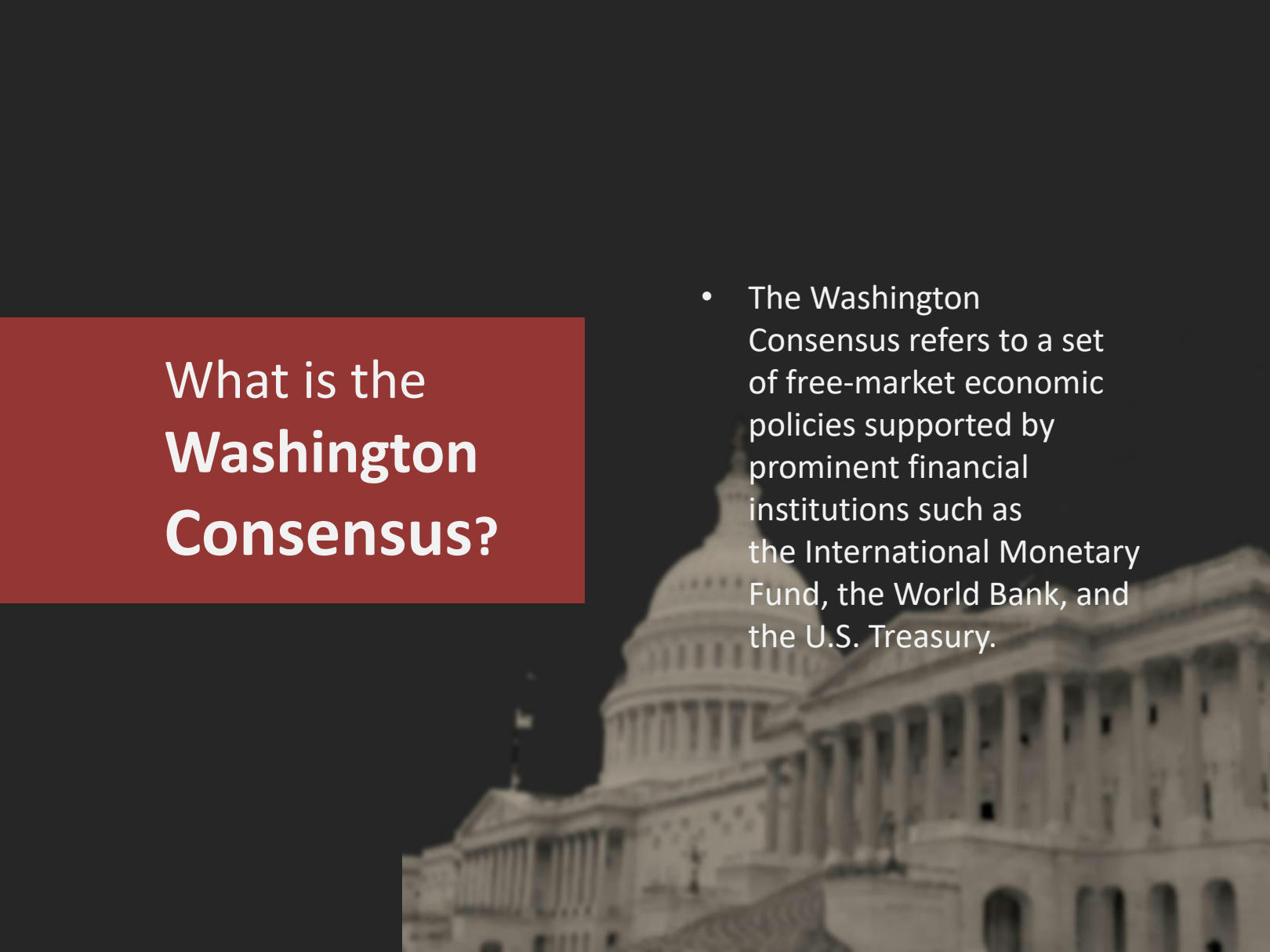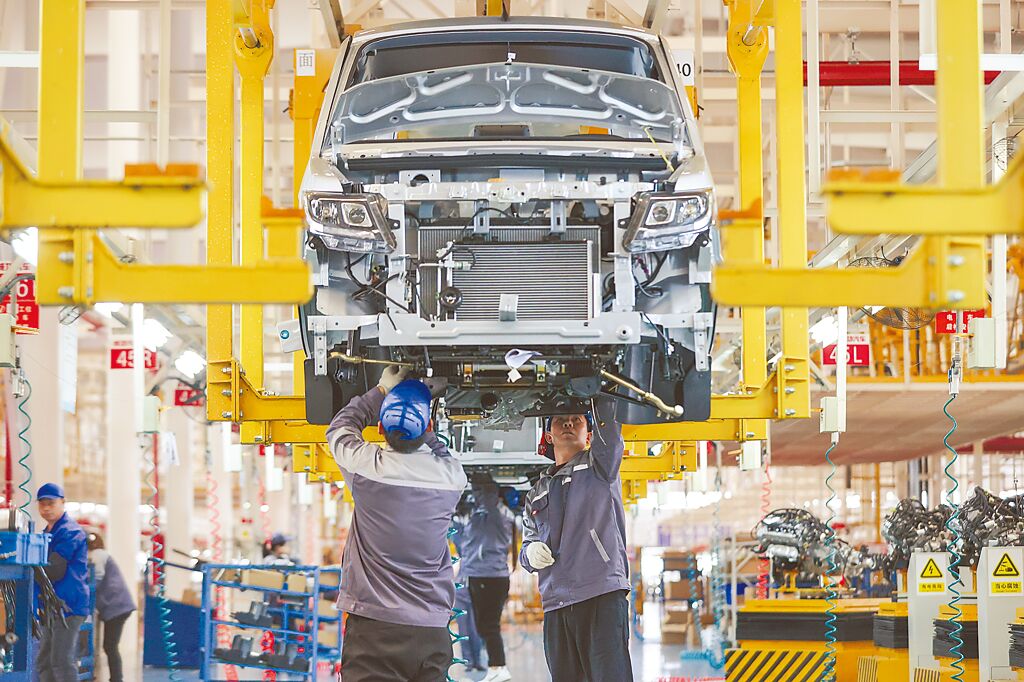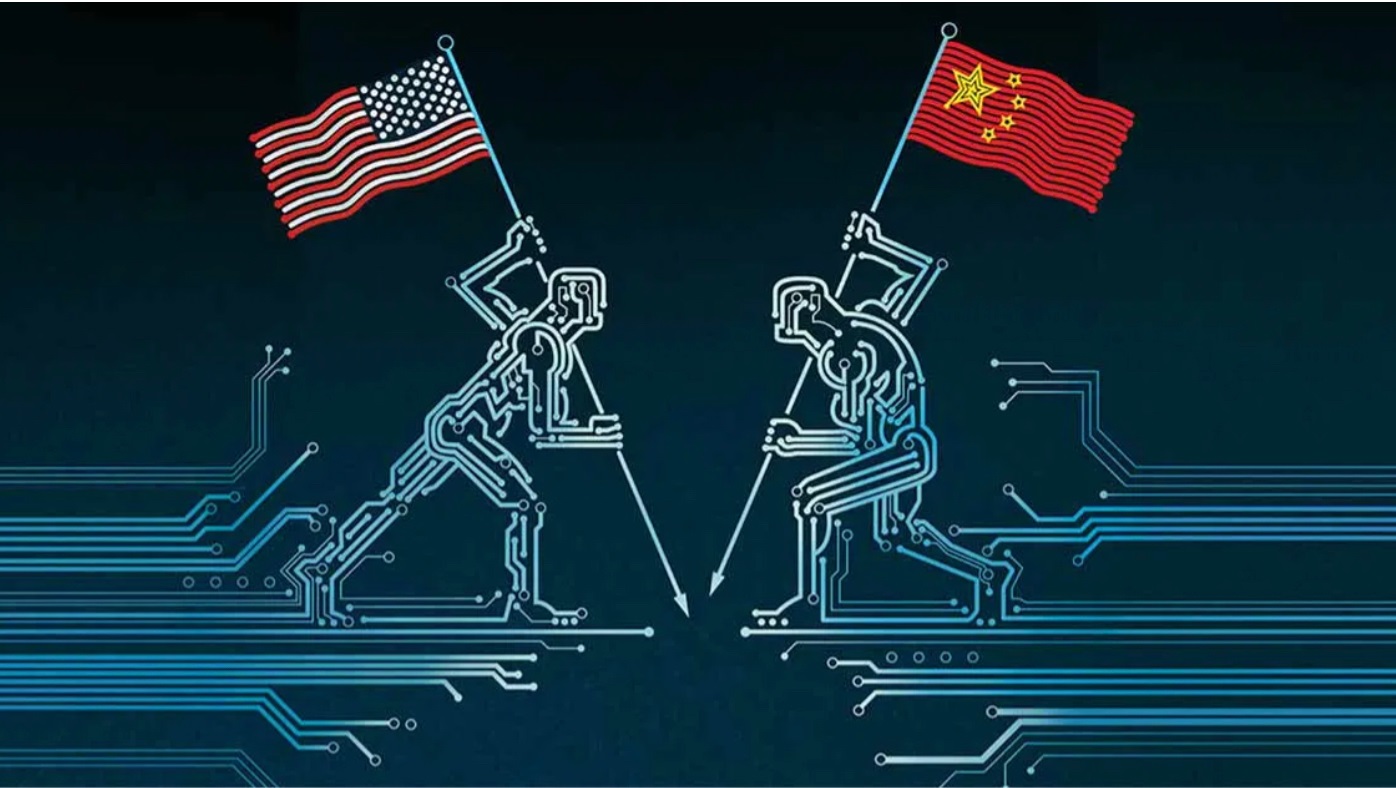
Stephen Roach, Senior Fellow, Yale University
May 30, 2024
The United States does not have a coherent trade policy. It has a political strategy masquerading as trade policy that has taken dead aim at China. Unsurprisingly, China has responded in kind. With the two superpowers drawing on their allies for support – the US leaning on the G7 and China turning to the Global South – economic decoupling is the least of our problems.

Christopher A. McNally, Professor of Political Economy, Chaminade University
May 30, 2024
The Biden administration’s new tariffs on Chinese goods are primarily symbolic and political, with negligible economic impact, but they aim to protect and foster the U.S. clean energy supply chain, particularly in the EV sector. However, the tariffs are politically motivated and could undermine industrial policy goals by focusing on geopolitical competition rather than applying uniformly to all countries.
Yi Fuxian, Senior Scientist at University of Wisconsin-Madison
May 27, 2024
In March, Chinese Premier Li Qiang announced an ambitious economic growth target of 5% for 2024. In a subsequent commentary, former World Bank chief economist Justin Yifu Lin endorsed the government’s target, predicting that China’s economy will grow at an average annual rate of 5-6% over the coming decade before slowing to 3-4% between 2036 and 2050.

He Weiwen, Senior Fellow, Center for China and Globalization, CCG
May 27, 2024
While high officials in the Biden administration — and President Joe Biden himself — have repeatedly proclaimed that America does not seek to decouple from China, the latest move to impose extreme tariffs on certain Chinese goods goes in exactly that direction. It’s a bad idea driven by U.S. election year politics.

Ghulam Ali, Deputy Director, Hong Kong Research Center for Asian Studies
May 08, 2024
The US-China rivalry is the most dominant aspect of 21st-century geopolitics, significantly impacting the world. It has expanded across various fields and geographies. The Gulf region, which was mainly absorbing the geopolitical heat of this rivalry, has also witnessed it in the technological sphere, especially artificial intelligence (AI). Two larger projects, G42 in the UAE and the King Abdullah University of Science and Technology (KAUST) in Saudi Arabia, are particularly notable.
Sourabh Gupta, Senior Fellow, Institute for China-America Studies
Apr 30, 2024
China's post-COVID economic outlook challenges the comparisons to Japan's economic slowdown experience. Resembling 1990s South Korea, China has substantial growth potential through structural shifts toward a consumption-driven economy and inter-governmental reforms for sustained high-quality growth.
Zhang Jun, Dean, School of Economics, Fudan University
Tomas Casas-Klett, Visiting Professor, Fudan University
Apr 30, 2024
As China grapples with enormous challenges – including an imploding property sector, unfavorable demographics, and slowing growth – doubts about the future of the world’s largest growth engine are intensifying. Add to that China’s geopolitical rise, together with deepening tensions with the United States, and the need to understand China’s political economy is becoming more urgent than ever.
Stephen Roach, Senior Fellow, Yale University
Apr 30, 2024
After my recent trip to Beijing to attend the 25th annual China Development Forum (CDF), the country’s most important public conference, one question keeps turning over in my head: What’s the point?
Andrew Sheng, Distinguished Fellow at the Asia Global Institute at the University of Hong Kong
Xiao Geng, Director of Institute of Policy and Practice at Shenzhen Finance Institute, Chinese University of Hong Kong
Apr 30, 2024
The United States has long dominated much of the knowledge economy, not least owing to an innovation environment that has proved highly attractive to foreign ta
Yao Yang, Professor, China Center for Economic Research
Apr 30, 2024
During her recent visit to Beijing, US Treasury Secretary Janet Yellen criticized her Chinese counterparts, arguing that China’s government subsidies have led to overcapacity in crucial sectors like alternative energy and electric vehicles (EVs). This, she contended, provides Chinese companies with unfair cost advantages that enable them to outcompete American firms. But while Yellen was right to point out China’s overcapacity problem, her assertion that government subsidies are the root cause was misplaced.